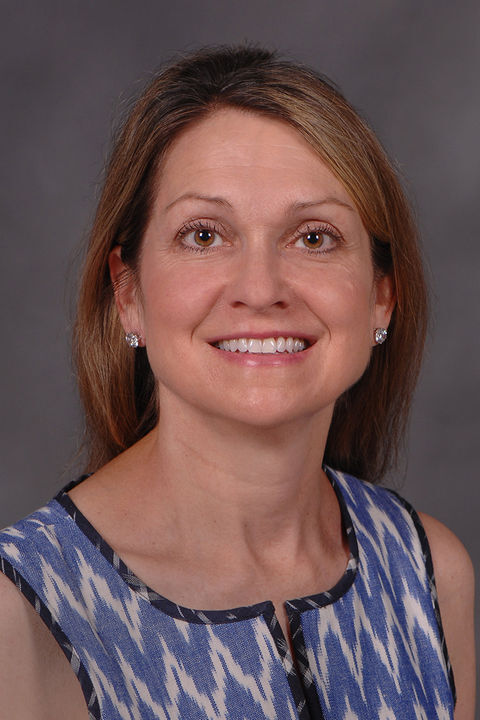Kent State assistant professor’s research study links family caregivers, psychological health struggles
February 5, 2021
A Kent State assistant professor’s research study on post-intensive care syndrome has linked family caregivers of intensive care unit patients as the unidentified population who suffer from unanticipated psychological symptoms.
Amy Petrinec, who is an assistant professor in the College of Nursing at Kent State, conducted a study on post-intensive care syndrome and found that many family members who have relatives in the ICU tend to suffer from mental health symptoms such as depression, anxiety and PTSD.
“When I was working in the intensive care unit and dealing with families, I always noticed that everyone is so focused on the patient that often the family is not really addressed,” Petrinec said. “So after years of working in the intensive care unit and teaching nurses in the ICU, I noticed they were asking me questions about the family members.”
The study consists of accessing a family whose relative is in the ICU and figuring out if they have any psychological symptoms such as anxiety, depression or PTSD due to a relative being in the ICU.
“The criteria I use to determine which families to talk to is that the patient has to be on a breathing tube and in the ICU for at least three days. I then round and talk to the family members and see if they are interested in the study,” Petrinec said.
The study consists of three surveys used to measure the levels of PTSD, anxiety and depression the family members are experiencing over time and each survey is filled out at different times.
“I give them the survey when I first meet and enroll them,” Petrinec said. “I then send the survey again after 30 days of my initial meeting and enrollment of the family. I then wait another 30 days and send them again to see if the symptoms have changed.”
She adds, “I also ask questions about their family members, did they die, are they better, are they still in the hospital?”
Despite the patient being the victim of the unfortunate circumstances, Petrinec’s study found the families of the patients can endure just as much.
“There is evidence that these family members can have psychological symptoms of up to 60 days after the experience,” Petrinec said.
Victor Zamaloff, who previously worked as an emergency room technician and EMT and is now retired, related the effect of post intensive care syndrome on families in relevance to COVID-19.
Zamaloff said, “Post intensive care syndrome can now be known as post-COVID syndrome. We are talking about cases of PTSD, anxiety and depression rising in people who have not been infected with COVID themselves, but know of someone who has been affected by COVID.”
With closing the ICU to family members due to COVID-19, there has been a psychological toll on relatives of those infected with the virus. The closing of the ICU also took a toll on Petrinec’s study.
“They closed the ICU to any family visitors, so I had to take and revise my study to make it where instead of finding the families in the hospital, I would look through the chart for the family member’s name and try to recruit them that way. It hasn’t been as effective as recruiting them face-to-face,” Petrinec said.
As a part of the study, Petrinec offers a solution in the form of an app.
“The app is called Sanvello. It is a cognitive behavioral app that is designed to help decrease or litigate anxiety, depression and PTSD that the family members may have during and after their relative is in the ICU and sick,” Petrinec said.
Sanvello, a self-care app, provides families with various ways to help de-stress. Some of these ways include music, deep breathing exercises and the ability to track eating and sleeping habits. The app also provides the ability to connect with therapy groups of people who can relate to their situation while also working to help educate families.
Petrinec also awards a stipend of money to any family who takes part in her study as well as a free upgrade in the app.
“The real point of all of this is that people want to take care of themselves and be the best they can be; if their family member requires help or if they have to live without their family member, they are in a good, healthy position to do so,” Petrinec said.
Morgan Boyd covers research. Contact her at [email protected].












